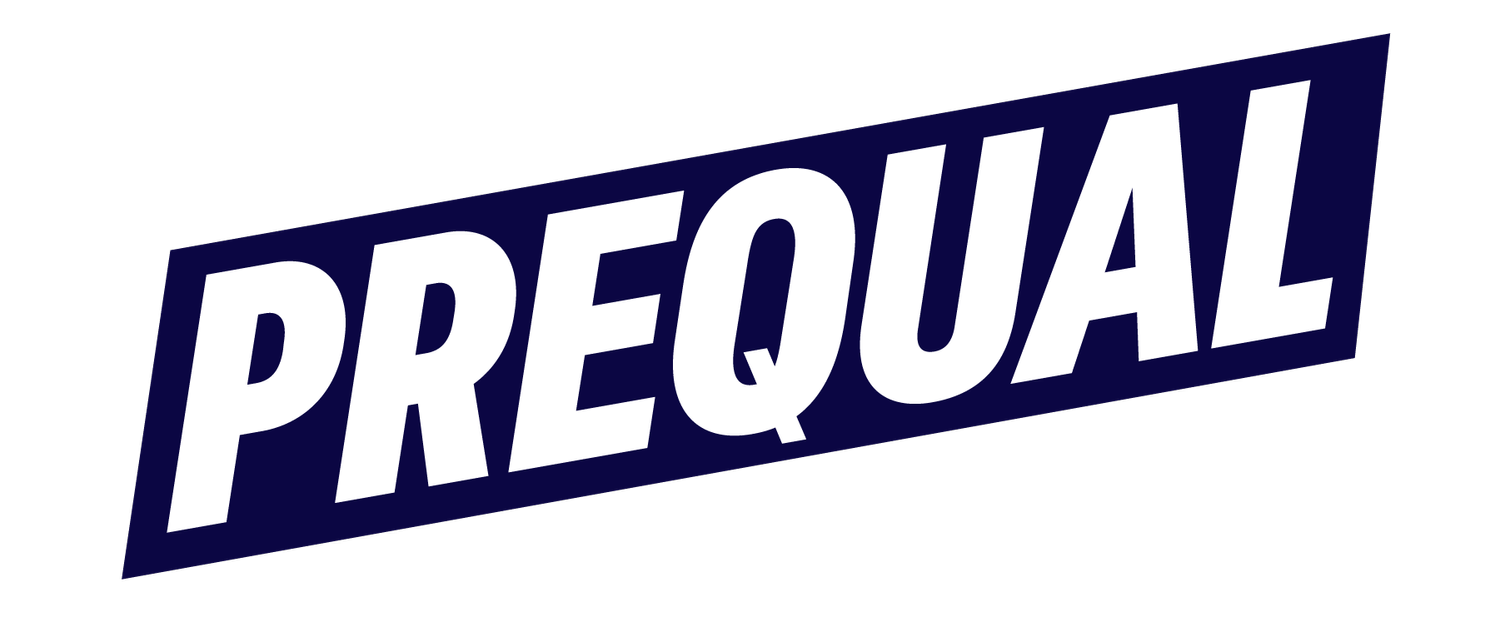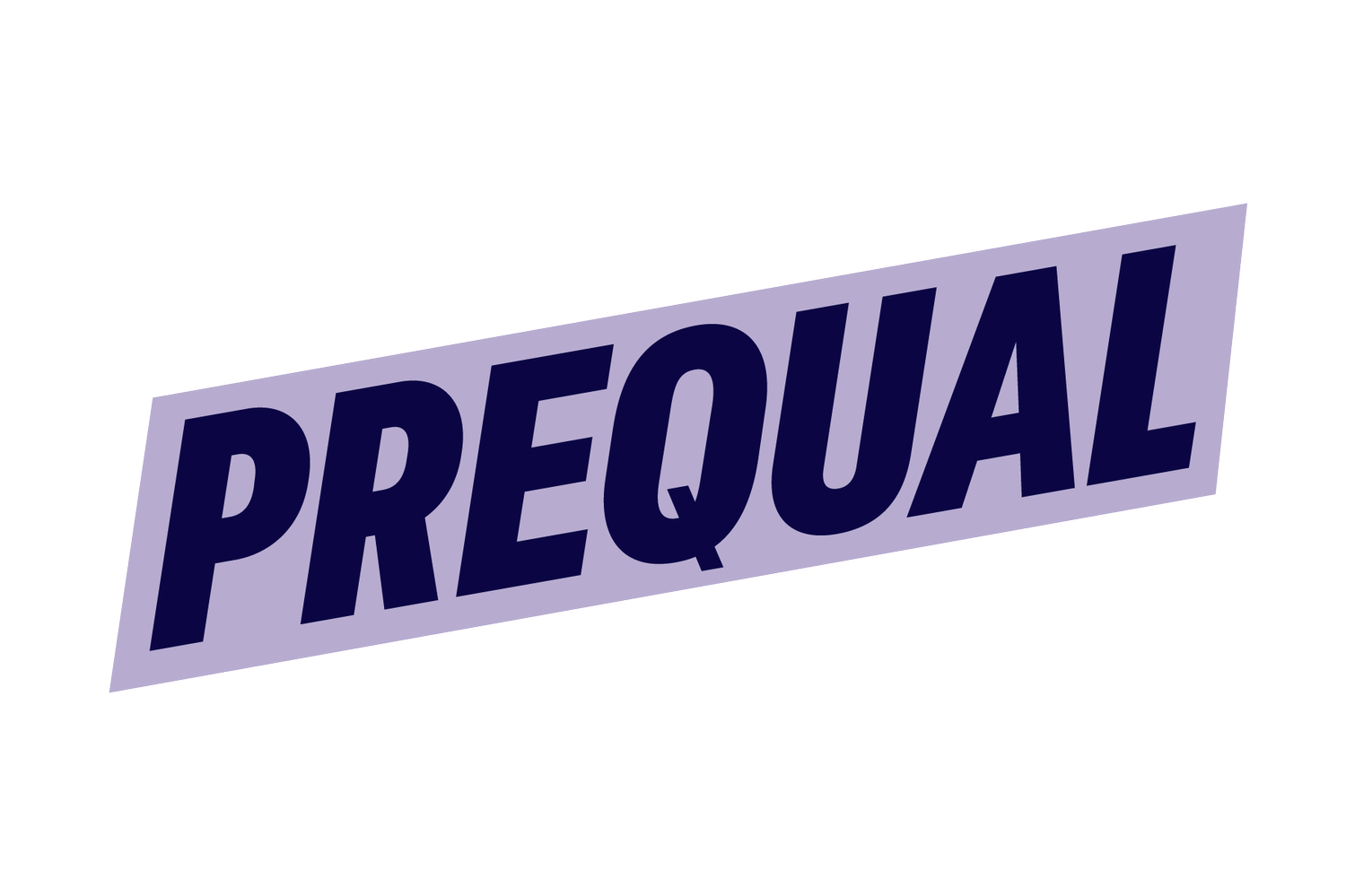How to Spot Quality Sales Training: Your Ultimate Checklist for Success
In the fast-paced world of business, sales are the lifeblood of success. They are the engine that drives growth and innovation. A well-trained sales team can make the difference between thriving and merely surviving in the market.
Yet, the landscape of sales training is vast and bewildering. With a multitude of trainers, coaches, and programs, finding the right fit and ensuring a worthwhile return on investment can be a daunting task. In this exploration, we dive into the crucial aspects that differentiate effective sales training from the rest. We aim to empower you with the knowledge needed to make informed choices, driving your salesforce toward excellence and propelling your business to new heights. Let's embark on this journey together, forging a path toward mastering the art of sales.
1. The Power of a Comprehensive Curriculum:
Quality Sales Training: Effective sales training begins with a comprehensive curriculum that covers all aspects of the sales process. Sales isn't just about selling a product; it's about understanding your customer's needs and crafting solutions accordingly. A robust program should encompass everything from prospecting to closing, equipping your sales team for every stage of the journey.
Weak Sales Training: Mediocre sales training may lack depth and often focuses solely on product knowledge, overlooking crucial skills like effective communication, objection handling, and negotiation.
Question to Ask: "Can you outline the training curriculum, highlighting key components beyond product knowledge, to ensure a well-rounded education for our sales team?"
2. Emphasis on Soft Skills:
Quality Sales Training: Building relationships is at the heart of successful sales. Quality training strongly emphasizes developing soft skills such as active listening, empathy, and rapport-building. These skills form the foundation of trust, enabling your sales team to connect with customers on a deeper level.
Weak Sales Training: In contrast, weak sales training may underestimate the importance of soft skills, leaving salespeople ill-prepared to forge meaningful connections with customers.
Question to Ask: "How does your training program prioritize the development of soft skills, and can you provide examples of exercises or modules that specifically address active listening, empathy, and rapport building?
3. Sales Technology Integration:
Quality Sales Training: Integrating sales technology is crucial in the digital age. Quality training includes the latest CRM systems, AI-driven analytics, and digital tools to enhance sales efficiency. It's not just about teaching your team how to use these tools; it's about empowering them to leverage technology effectively to amplify their performance.
Weak Sales Training: Mediocre training may downplay the role of technology or provide insufficient guidance on its effective utilization, leaving sales professionals struggling to adapt to the evolving sales landscape.
Question to Ask: "Can you detail how your training program integrates modern sales technologies, and can you provide case studies or success stories showcasing the tangible benefits of this integration?"
4. Continuous Learning and Development:
Quality Sales Training: Learning is an ongoing journey. Quality training cultivates a culture of continuous learning, ensuring that your sales team stays updated with industry trends, customer preferences, and sales techniques. This is achieved through regular workshops, coaching, and mentorship, keeping your team at the forefront of their field.
Weak Sales Training: In contrast, weak training often adopts a one-and-done approach, leaving salespeople ill-equipped to adapt to shifting market dynamics.
Question to Ask: "How does your training program foster a culture of continuous learning, and what mechanisms are in place to ensure our sales team stays current with evolving industry trends?"
5. Role of Feedback and Evaluation:
Quality Sales Training: Effective sales training incorporates robust feedback mechanisms. Sales representatives are evaluated regularly, receiving constructive feedback to aid their growth. Mistakes are viewed as opportunities for improvement, and this iterative process ensures continuous progress toward excellence.
Weak Sales Training: In contrast, weak training may lack proper feedback loops, leaving salespeople unaware of their shortcomings and unable to make meaningful improvements.
Question to Ask: "Can you explain the feedback and evaluation process within your training program and provide examples of how it has resulted in performance improvements for other clients?"
6. Customization to Industry and Company Needs:
Quality Sales Training: Recognizing that one size does not fit all, quality training programs are tailored to your industry's and your company's unique needs. Customization ensures your sales representatives are well-prepared to tackle the specific challenges of your market.
Weak Sales Training: Subpar training often employs a one-size-fits-all approach, which may not align with the realities of your industry or your company's business model.
Question to Ask: "How does your training program adapt to the distinct needs of our industry and company, and can you provide examples of successful customizations for similar clients?"
7. Clear Metrics for Success:
Quality Sales Training: Effective training programs establish clear performance metrics. Your sales representatives understand what success looks like and how it's measured. This clarity of expectations motivates your team to strive for excellence and ensures alignment with your company's objectives.
Weak Sales Training: Weak training may lack defined metrics, leaving your sales team uncertain about their goals and performance standards.
Question to Ask: "What specific performance metrics does your training program set for sales representatives, and how do you ensure these metrics align with our company's objectives?"
8. Adaptability and Agility:
Quality Sales Training: The sales landscape is constantly in flux. Quality training equips your sales representatives with the agility to adapt to new market conditions, changing customer behaviors, and emerging technological advancements. Your team is prepared to thrive in the face of evolving challenges.
Weak Sales Training: Inflexible training programs fail to prepare salespeople for the dynamic nature of the sales environment, resulting in missed opportunities and stagnant growth.
Question to Ask: "How does your training program instill adaptability in our sales team to navigate evolving market conditions, and can you share examples of how this adaptability has led to successful outcomes for other clients?"
In sales, the distinction between good and poor training is as profound as the difference between success and mediocrity. By understanding these distinctions, you can ensure that your sales team receives the high-quality training needed for success in today's competitive market.


